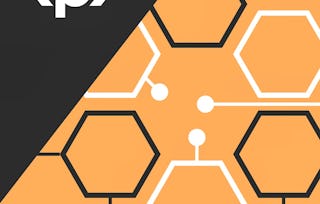Updated in May 2025.
This course now features Coursera Coach! A smarter way to learn with interactive, real-time conversations that help you test your knowledge, challenge assumptions, and deepen your understanding as you progress through the course. This course starts with an introduction to Python programming, covering everything from installation and setup of Python and Anaconda to fundamental concepts such as variables, numeric and logical operations, control structures like if-else and loops, and defining functions. The journey continues with in-depth modules on strings and lists, ensuring a solid understanding of these core components. Building on Python fundamentals, you will explore data analysis with NumPy and Pandas. You will learn about array operations in NumPy, manipulating and analyzing data using Pandas, including working with DataFrames, performing data operations, indexing, and merging datasets. These modules are designed to provide you with a strong foundation in data manipulation and analysis, critical for any data science role. The course culminates with an introduction to basic machine learning concepts. You will delve into linear regression, understanding its mathematical foundations and practical applications. Furthermore, you will explore gradient descent, a crucial optimization technique, and KNN classification, one of the simplest machine learning algorithms. Each topic is reinforced with case studies, ensuring you can apply theoretical knowledge to real-world scenarios. This course is ideal for beginners in programming and data science. No prior experience in Python or data analysis is required, but a basic understanding of mathematics will be beneficial.



















